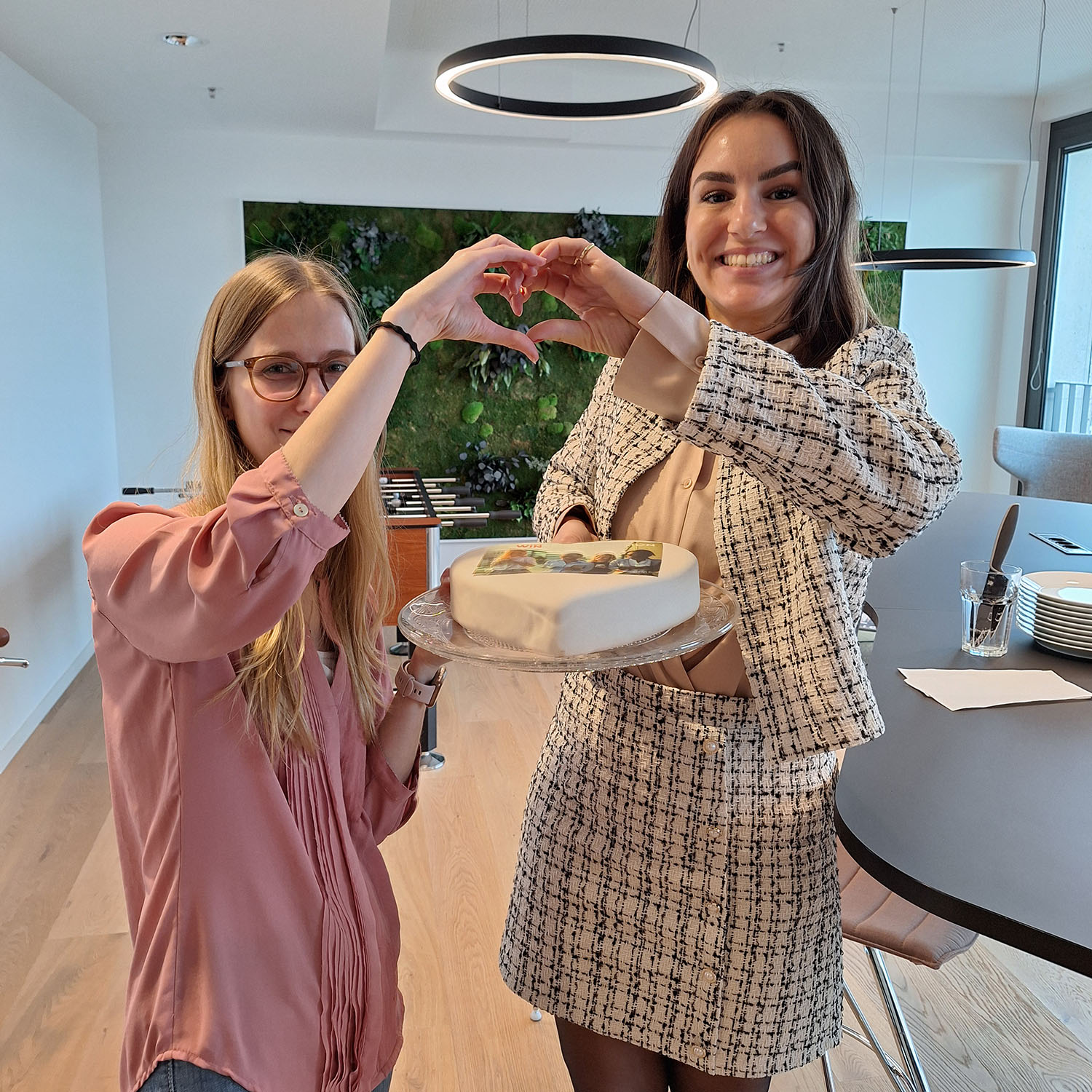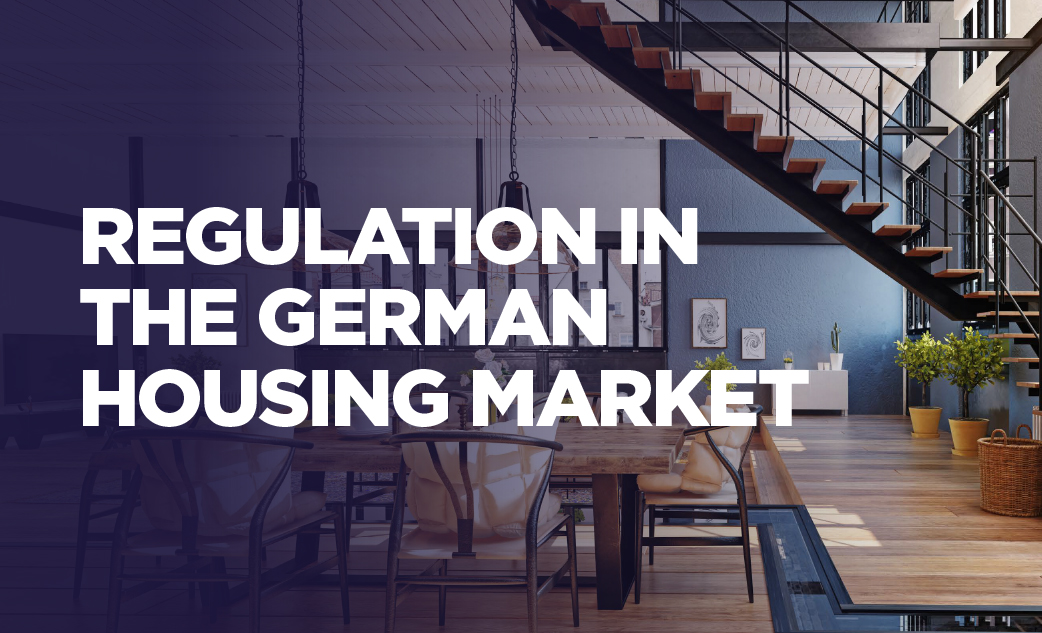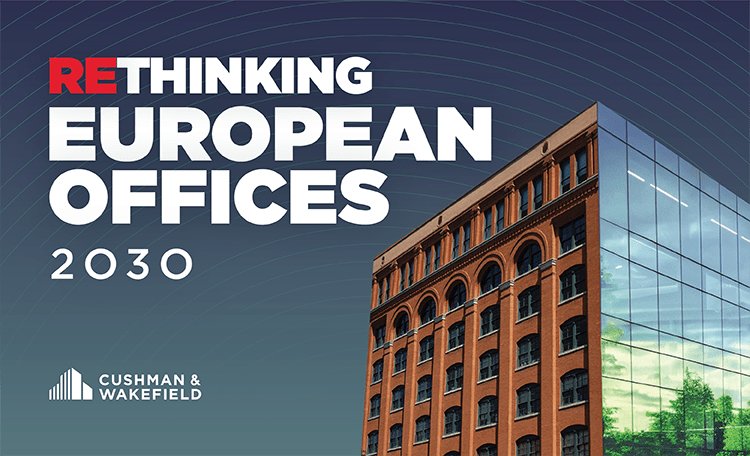

#CWInspireInclusion
Verena Bauer • 08/03/2024
#CWINSPIREINCLUSION – How can the real estate industry become more inclusive? The theme of this year’s International Women’s Day calls for us to work together to create a more inclusive world.


What does women’s inclusion in the workplace mean for us as a company? What distinguishes us in this regard and how far do we still have to go?
Luisa Rotthaus, Head of Office Agency Düsseldorf and member of C&W EMEA DEI & Advisory Council:
As a company, we believe that inclusion and diversity are an important factor in business success. Especially as the latest studies also show that the more diverse, the more successful. Accordingly, diversity, equity and inclusion (DEI) are not just buzzwords for us, but an integral part of our global strategy. With our Women’s Integrated Network (WIN), we have created a transnational collective of women for women – and anyone who wants to proactively support them on their journey – to advocate for the interests and rights of our colleagues and to advance gender equality.
Our WIN team meets for training sessions and workshops to discuss topics related to diversity and equality. Whether it’s more visibility, part-time leadership, working time models, training, career opportunities, or other concerns, it’s easy to see what is important to our workforce, where there is still room for improvement, and what we can do as a company to promote diversity and inclusion even more.
Especially when it comes to the gender ratio in management positions, there is still a need for action. How can this be achieved and maintained in the long term? How does part-time management become more natural and also more achievable if you are already working part-time before a promotion? And how can we attract more women to our traditionally male-dominated transaction areas? These are all questions that we need to address in a pragmatic and solution-oriented manner. After all, the promotion of equal rights and inclusion of women in the real estate industry, for example through measures to reconcile work and family life, closing the gender pay gap, mentoring programs and empowerment, is more important today than ever – also in view of the ever-intensifying shortage of skilled workers.
How can the topic of women's inclusion in the workplace be managed and positively influenced through business development and corporate communications? How can we give the topic even more attention and explosiveness beyond Women's Day?
Verena Bauer, Head of Business Development Services Germany, Head of Marketing & Communications Germany and patron of the WIN initiative in Germany:
There is a very strong and interesting development happening here. Starting right at the beginning of every customer relationship. If our colleagues want to win mandates, their chances currently fall drastically if they enter the race with a homogeneous team – for example, consisting only of men. Our clients demand diverse teams when pitching and understand that teams with a broad range of skills and profiles achieve better results. How we present ourselves in terms of content is also viewed more critically than before and with a focus that goes beyond technical expertise: CSR and DEI topics are now integral aspects of every presentation. One might say that a renaissance of "soft" themes has taken place. What used to be too "soft" is now critical to success. And we must now continue to set the course for this – in business development as well as in internal and external perception.
After all, managers usually appear in corporate communications by virtue of their role. And within the industry, they are still predominantly male. This quickly gives the impression of a fundamental gender imbalance in a company’s external perception, which can have a deterrent effect on potential applicants – especially for senior positions – and further exacerbate the problem. This cycle can be consciously disrupted by specifically bringing male-dominated job profiles "to women" in a targeted manner, making female managers visible and anchoring a different perception in people's minds long-term. However, it is not only about people and their career paths, but also about topics such as part-time management or parental leave for men. All of this should be communicated both regularly and as a matter of course, both internally and externally, in order to achieve continuous awareness and normalisation.
And especially in an era of acute shortage of skilled workers, traditional role division must be broken up and all women given the opportunity to work full-time. To achieve this, it is crucial to create flexible models and to make all profiles attractive to diverse characters and genders. In return, we as a society have to start at a very early age: as long as girls and boys are socialised and supported differently, this potentially results in different profiles and career paths. If we want strong women, we need strong girls – and (if they want) they can be loud, compete and display socially male-associated qualities.




How does inclusion affect the workplace? What do companies need to consider when an inclusive work environment is important to them?
Samia Tömen, Head of Workplace Strategy DACH (pictured right):
If a company wants to promote the successful inclusion of individual user groups, it must consistently design the entire working environment in an inclusive manner. The working environment should not be designed to meet the needs of individual groups via special facilities in the margins of the premises or in the basement (as, unfortunately, is often the case regarding barrier-free toilets), because this tends to create exclusion. Instead, a holistic, inclusive culture should be promoted in general, offering equal opportunities and support for all user groups.
Diversity and flexibility are essential here. If we show our different backgrounds, life situations and working models, the differing needs also become visible. If we also reflect and live this diversity in our corporate culture, the flexibility in people’s minds, and thus acceptance, will also grow. Ideally, acceptance will then become a matter of course.
The physical environment of the office must also take into account the different needs of all employees. For example, furniture should not per se be designed for the average height of a man (an interesting book that deals with this topic is "Invisible Women" by Caroline Criado-Perez). Instead, electrically height-adjustable desks including swivel monitors should become standard. As well as individually adjustable table and chair heights in informal seating areas as well as canteens and dining areas.
Creating an inclusive office also requires a comprehensive diversity strategy that goes beyond accessibility. Spaces and services offered must take into account the needs of all employees. For example, there should be places that are both discreet and easily accessible and can be used for meetings, but also for rest and quiet breaks or meditation. The integration of parent-child rooms and in-house care is also a great benefit that enables both parents to work equally. This does not necessarily have to lead to high costs or a large space requirement – multifunctionality is the keyword here. What is also often forgotten are, for example, special medical features for employees, for which hygienic washing facilities and privacy sometimes have to be provided, among other things.
Equality also comes about through the active involvement of everyone involved in workplace decisions – company-wide surveys and evaluations should be part of the standard.
On the occasion of this year’s Women's Day, WIN members met at all five of our German locations to exchange ideas about lived inclusion over “Kaffee und Kuchen”(coffee and cake).




INSIGHTS

Insights
Investor Survey Healthcare Real Estate

Insights
Regulation in the German Housing Market

